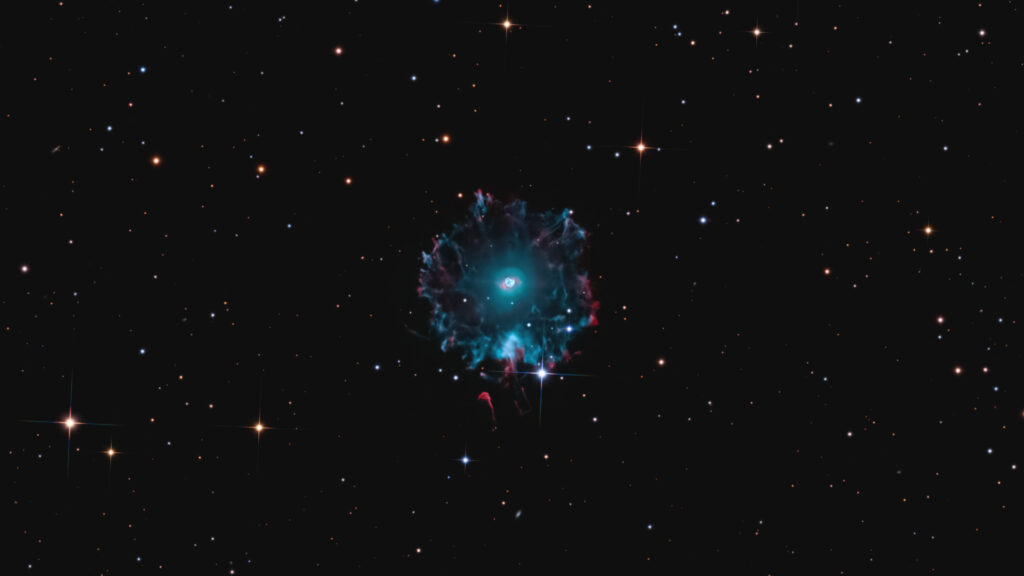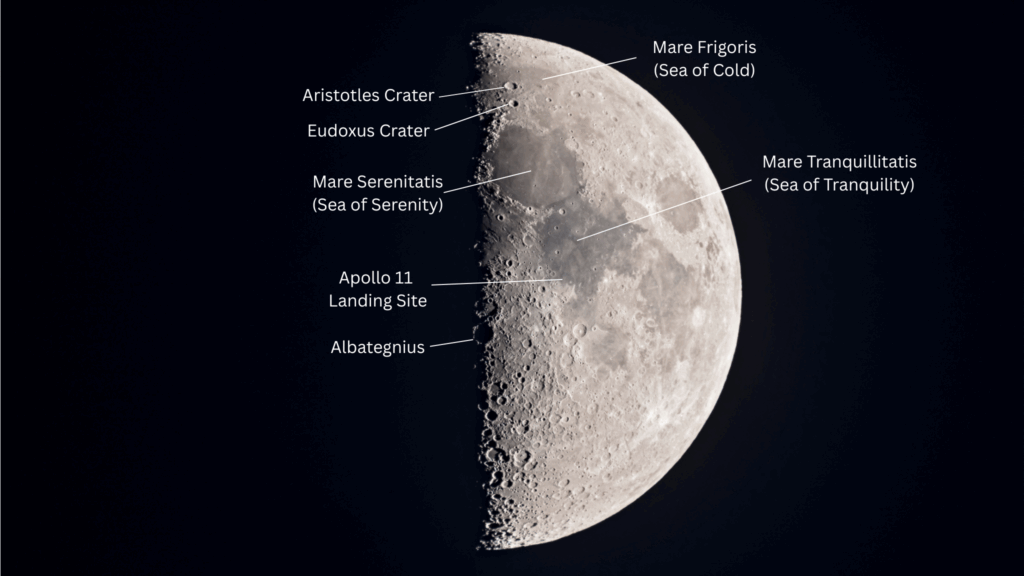China’s commercial space activities continue to grow, with a solid rocket putting five privately built satellites into orbit.
The third Kinetica-1 solid rocket lifted off from Jiuquan Satellite Launch Center in northwest China at 11:03 p.m. EST on Monday (Jan. 22; 0403 GMT and 12:03 p.m. Beijing time on Jan. 23).
Aboard were five Taijing satellites, all designed and built by Beijing-based private satellite maker Minospace.
Related: The latest news about China’s space program

The Taijing-1C, 2B, 2D, 3B and 4C satellites are remote-sensing satellites for varying purposes. The first four are optical remote-sensing satellites, while Taijing-4C is a phased array synthetic aperture radar satellite operating in the Ku-band portion of the electromagnetic spectrum, according to a CAS Space statement.
The rocket was developed by CAS Space, a Beijing-based commercial launch service provider under the auspices of the state-owned Chinese Academy of Sciences (CAS).
The Kinetica-1 (also known as Lijian-1) is a four-stage, solid-fuel rocket that stands 98 feet (30 meters) tall and is capable of lifting 3,300 pounds (1,500 kilograms) of payload into a sun-synchronous orbit.
It has aced all three of its launches so far. Kinetica-1 had a debut flight in August 2022 and briefly set a national rideshare record with its second outing, which sent 26 satellites to orbit.
RELATED STORIES:
CAS Space recently announced plans to launch its new, larger and more complex liquid propellant rocket in August next year.
Kinetica-2 will be 174 feet (53 m) tall and consist of an 11-foot-wide (3.35 m) core stage, with two side boosters. It will be able to carry 17,200 pounds (7,800 kg) of payload into a sun-synchronous orbit, or 26,450 pounds (12,000 kg) into low Earth orbit.
CAS Space is also developing a suborbital tourism service similar to that offered by U.S. company Blue Origin. It is setting up a low-cost space science rideshare program open to international participants as well.
The Kinetica-1 mission was China’s sixth orbital launch of 2024 so far.


